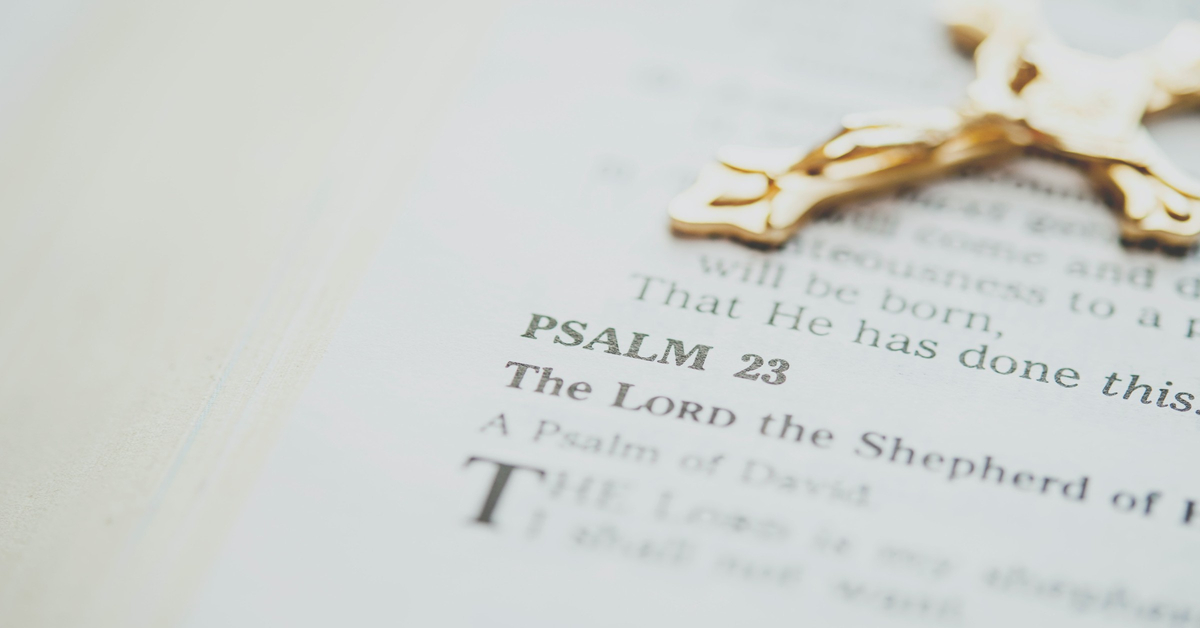When it comes to Catholic annulments, understanding the specifics can be a bit complicated. Not only is your marriage coming to an end, but you’re also in the midst of navigating all of the different rules, regulations, and processes that come with a Catholic annulment. This week’s Catholic Annulment - Another Chance blog is here to help answer some of the most commonly asked questions we see.
Catholic Annulment - Another Chance specializes in the Catholic annulment process. Our experienced church judges have the expertise and skills that it takes to help you achieve an annulment smoothly, with as little stress involved as possible. Read this week’s blog to get answers to your most pressing questions about Catholic annulments and contact us today to get started! If your question isn’t listed here, our professionals would be more than happy to assist you.

